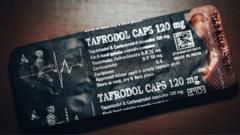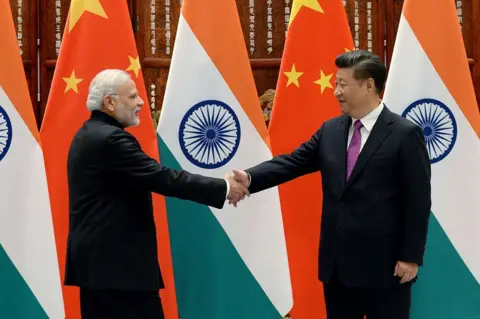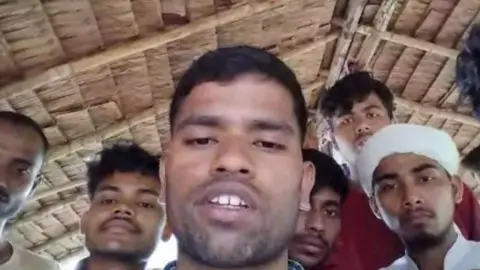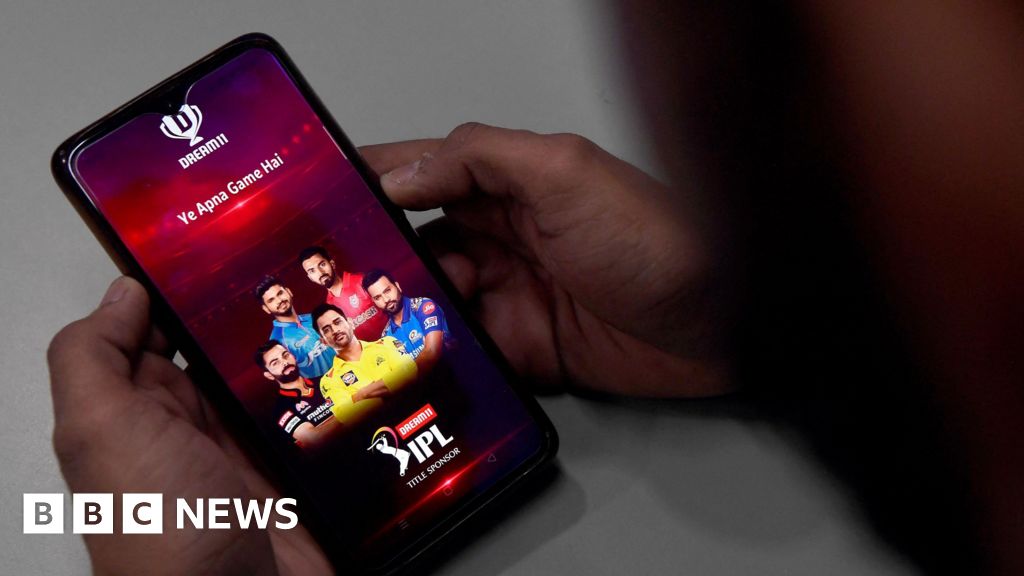In a decisive move, Indian authorities have banned the export and manufacture of tapentadol and carisoprodol, following a BBC investigation that highlighted the drugs' contribution to a worsening public health crisis in parts of West Africa. The Drugs Controller General of India, Dr. Rajeev Singh Raghuvanshi, issued a letter outlining the ban, citing the potential for drug abuse and the resultant harm to populations in the affected regions.
The harmful combination, which includes the potent opioid tapentadol and the muscle relaxant carisoprodol, was reportedly been exported illegally by Mumbai-based Aveo Pharmaceuticals to countries such as Ghana, Nigeria, and Côte d'Ivoire. India's Food and Drug Administration (FDA) quickly raided the company’s facilities in Mumbai, seizing its entire stock in response to the findings of the BBC investigation.
According to the FDA, the decision follows extensive research into the impact of these opioids, which are notoriously cheap and widely available on the streets in various West African nations. The combination is not approved for use globally due to its high potential for overdose and serious side effects, including breathing difficulties and seizures. Still, despite their extreme dangers, they have become popular among users in Nigeria, where an estimated four million people grapple with opioid abuse.
As part of their investigation, the BBC used undercover filming to expose Aveo's internal operations. In a recording, the company's director, Vinod Sharma, acknowledged the harmful effects of their product while also discussing its demand among teenagers in Nigeria, highlighting a troubling intersection of drug commercialization and public health crises.
The Indian FDA has committed to rigorous inspections to prevent further illegal exports, with plans for additional legal actions against Aveo Pharmaceuticals for their role in the opioid trade. This proactive measure aligns with India's broader initiative to protect public health and address the challenges posed by the international drug trade.






















